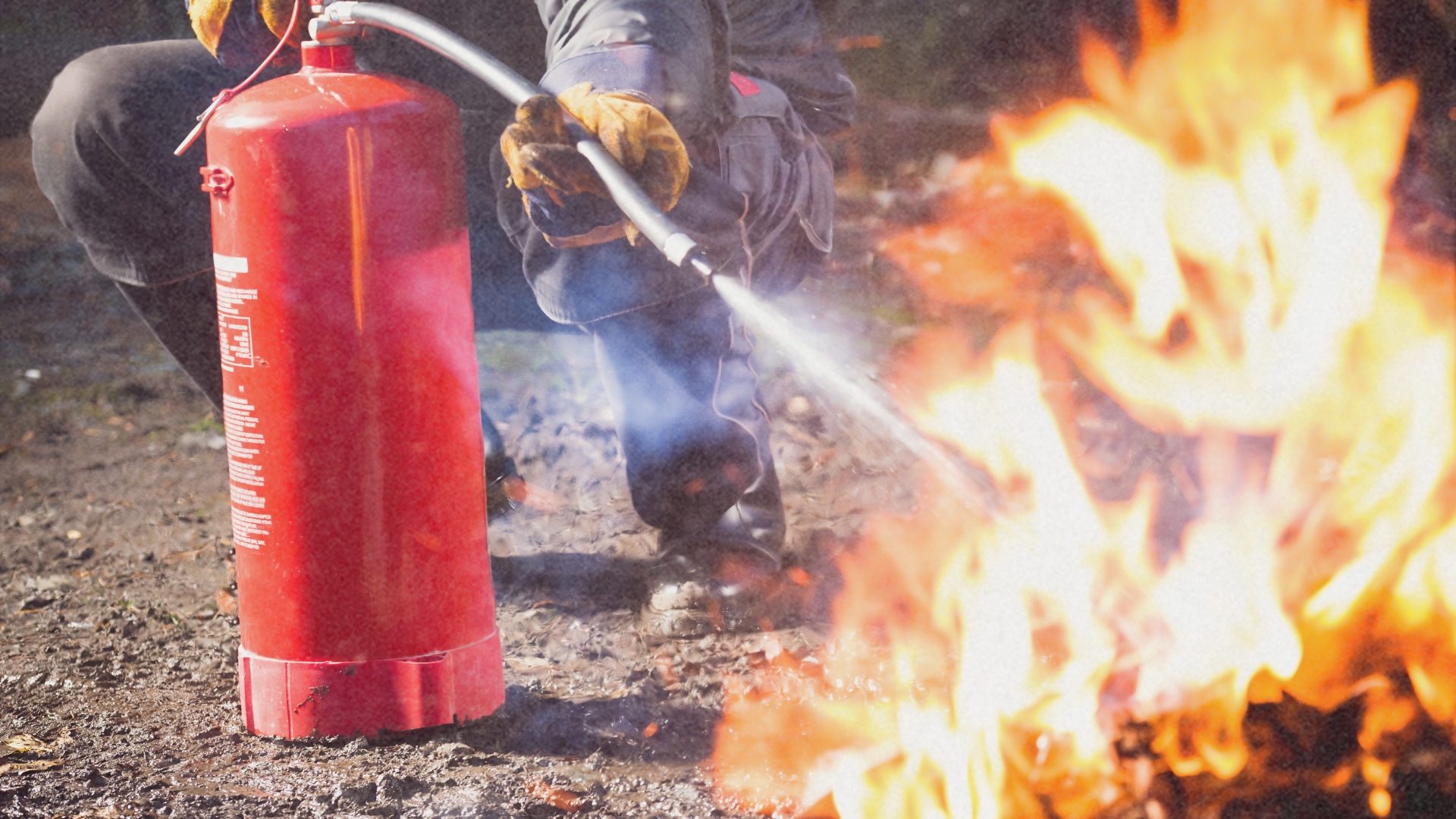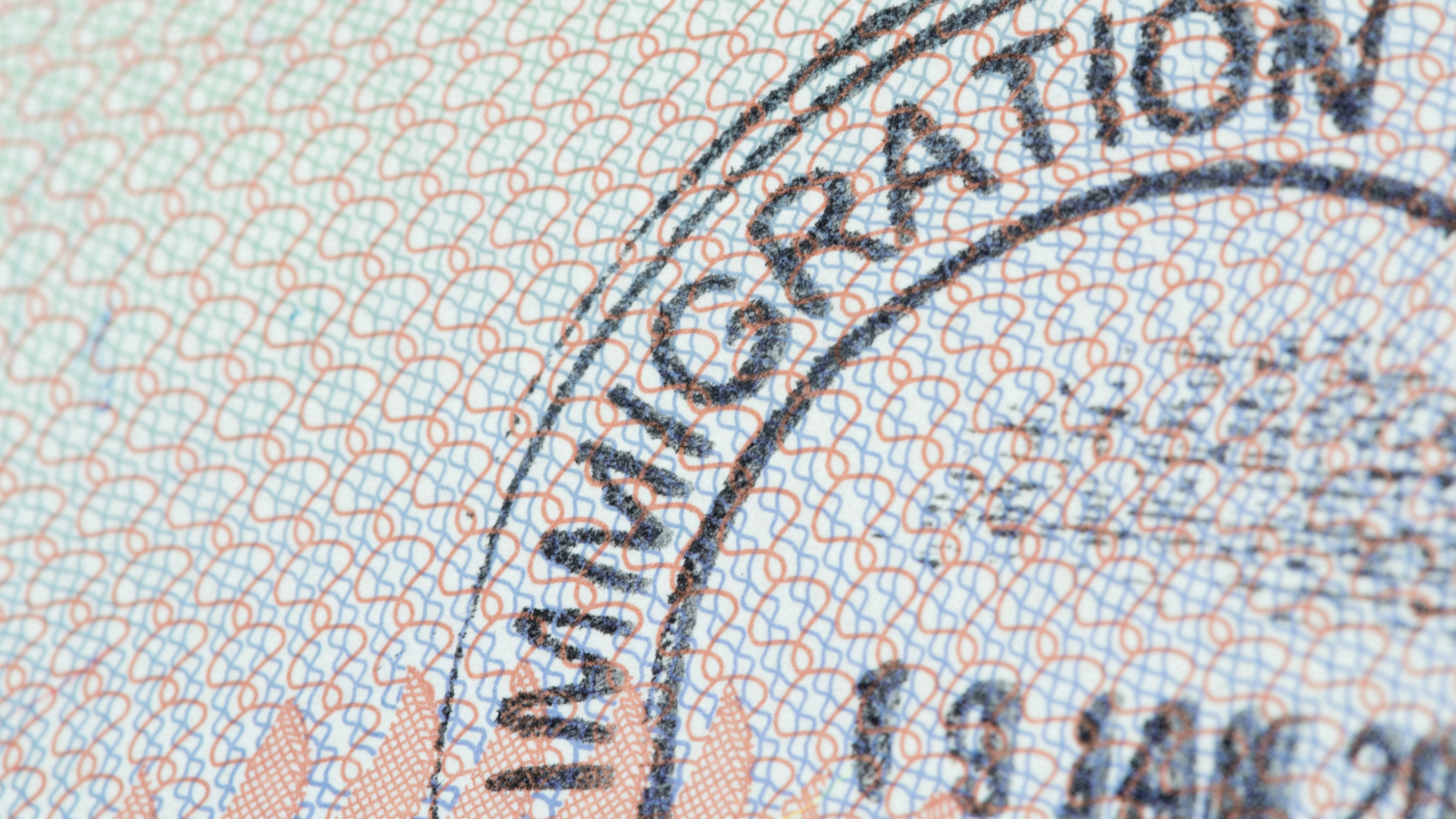There was no fun in the Philippines after listening to President Noynoy Aquino deliver an announcement last Sunday on an alleged terror plot against one event in one city.
The President’s short speech plus the statements of Defense Secretary Voltaire Gazmin shows uncertainty, afterthoughts and cover-up scenarios. There were no details to the plot. Trusted sources in the military, police and intelligence community deny any credible and imminent threat, although I agree with them that such risk exists. The Black Nazarene procession is too massive, religious, significant and very much newsworthy.
A day after, Counter-Terrorism Chief Raul Manguerra of the National Bureau of Investigation (NBI), announced that “the whole intelligence community knows about this information.” Obviously, it takes no less than the NBI to “speak” for the entire intelligence community, who have been struck dumbfounded as to where the President got this assessment. Manguerra’s statement was an effort to make an impression that the intelligence community is at one with the president.
Source
Who fed the “assessment” to the President then?
According to my sources, one assuming official of the Anti-Terrorism Council, who has very little understanding of national and industrial security (much less terrorism) before joining the council, fed the information to Executive Secretary Paquito Ochoa, who, in turn, passed it on to the President. Obviously, the quality and quantity of this information is nothing more than what was announced.
For one thing, such a sobering announcement was made following the travel advisory issued by the United States government warning Americans to exercise extreme caution when traveling to Mindanao or the Sulu Archipelago. Malacañang and the Department of Foreign Affairs downplayed the travel advisory, which came days after the Department of Tourism launched its It’s More Fun in the Philippines campaign. Though President Aquino denied the two announcements being linked, the sphere of caution that the message from a presidential presscon brings to the capital city and communicated to the international community does not back up our claim that ‘it’s more fun in the Philippines.‘
Telltale Signs of Shallow Statements
There were no specific details in this announcement, merely general statements of caution. It conveys that ‘it is better to inform you all than not.’ Yes, I agree. But it could have been managed better. We cannot always be under a “damned if you do, and damned if you don’t” mindset.
It seems inappropriate to have someone no less than the president himself warn the nation about the possible risks at a local event. To be fair, the annual Black Nazarene Feast is a large one, drawing millions of devotees each year. It is true that the Filipinos should be rightly warned of any possible untoward incident that may threaten public security, but one wonders whether the situation should have been handled with more discretion, by downgrading the threat and assigning such announcements to the police chief or to the mayor of Manila.
Why does it have to take a president to announce perceived terror plans? This is not Armageddon or Deep Impact. The terror threat does not even fit in with the Bourne Legacy movie plot.
Police Alert
In response, Malacañang requested telecommunications firms to switch off cellphone signals in Manila on Monday. Philippine National Police Chief Nicanor Bartolome explained this was done to prevent elements from using cellphones to trigger explosions. Residents in Manila and nearby areas got their mobile phone signals a full day later. Were there any indications that bombs cannot otherwise be triggered by the phone’s built-in timer or alarm?
As the event drew to a close with nary a terrorist in sight, public opinion was divided on whether such reactions were called for, or if the announcement did any more harm than good.
In fact, prior to the televised announcement, authorities failed to apprehend suspects or recover evidence of explosives in raids conducted on suspected terrorist safe houses. If our own intelligence units were sharp enough to name names and identify suspects, then they could have nabbed these bad guys already and preempted their activities. Did the president, perhaps, overreact?
A thin line between acting and over-reacting
The last thing the nation needs is for an overreacting government and an underreacting public. In spite of drastic measures and televised warnings, none of these were effective in making the 3 million-strong crowd (which includes women, children and the elderly) stay at home. One can’t help but feel that these government announcements are becoming increasingly detached from reality with the president thanking security forces and the great throng for the “peaceful outcome of the celebration,” even as media reported chaotic rambles with about 600 individuals injured, including one with a broken neck.
And what message does this send to terrorists? Does this mean that if a bomb can be detonated by Wi-Fi access, the government will shut down the Internet? Will this be the order of the day when religious processions march down the business districts? What will happen when the next real or perceived threat is spread among key cities of the Philippines?
By requesting telcos to disable communications, government has demonstrated that you do not need a terrorist attack to wreak havoc on society’s daily routine. The government can pretty much do that on its own.
After all, what is the Black Nazarene Feast but a religious event no different from the Sinulog, the Dinagyang, the Ati-Atihan. It seems very unlikely for government to disable communication signals and for the president to call the entire nation on heightened alert for each of these events throughout the year without indirectly destroying our tourism industry or making our national leader take on the image of a boy crying wolf.
And come Christmas time, terrorists will have a field day making bomb threats left and right in order to provoke a reaction from government and to learn what measures they will take under duress.
Another tricky problem is the president’s attempt in discouraging devotees from attending procession. Devotees are known to risk life and limb for their faith, if the crowd turnout and ensuing casualties are anything to go by. The threat then becomes a test of faith. What the president has managed to achieve is to strengthen their resolve and to filter the chaff from the wheat. A devotee would most certainly tell the president to his face that if God wants him dead, then he will die fulfilling his vows.
True, democratic societies will continue to be challenged by extremist elements. But government must move in more sophisticated ways and make better judgment in curtailing these elements in a way that does not harm our tourism sector nor make the public more vulnerable to real threats by desensitizing them to sensationalized warnings.
Implications to Corporate Security
Taking into account that all telcos can simultaneously switch off signals at any given moment upon government instruction, there is now the need to review all security and safety operations manuals, emergency response procedures and business continuity programs. I suggest that concerned corporate managers and executives start with the inventory of their equipment and systems that are dependent on cellular signals and FM radio communications.





